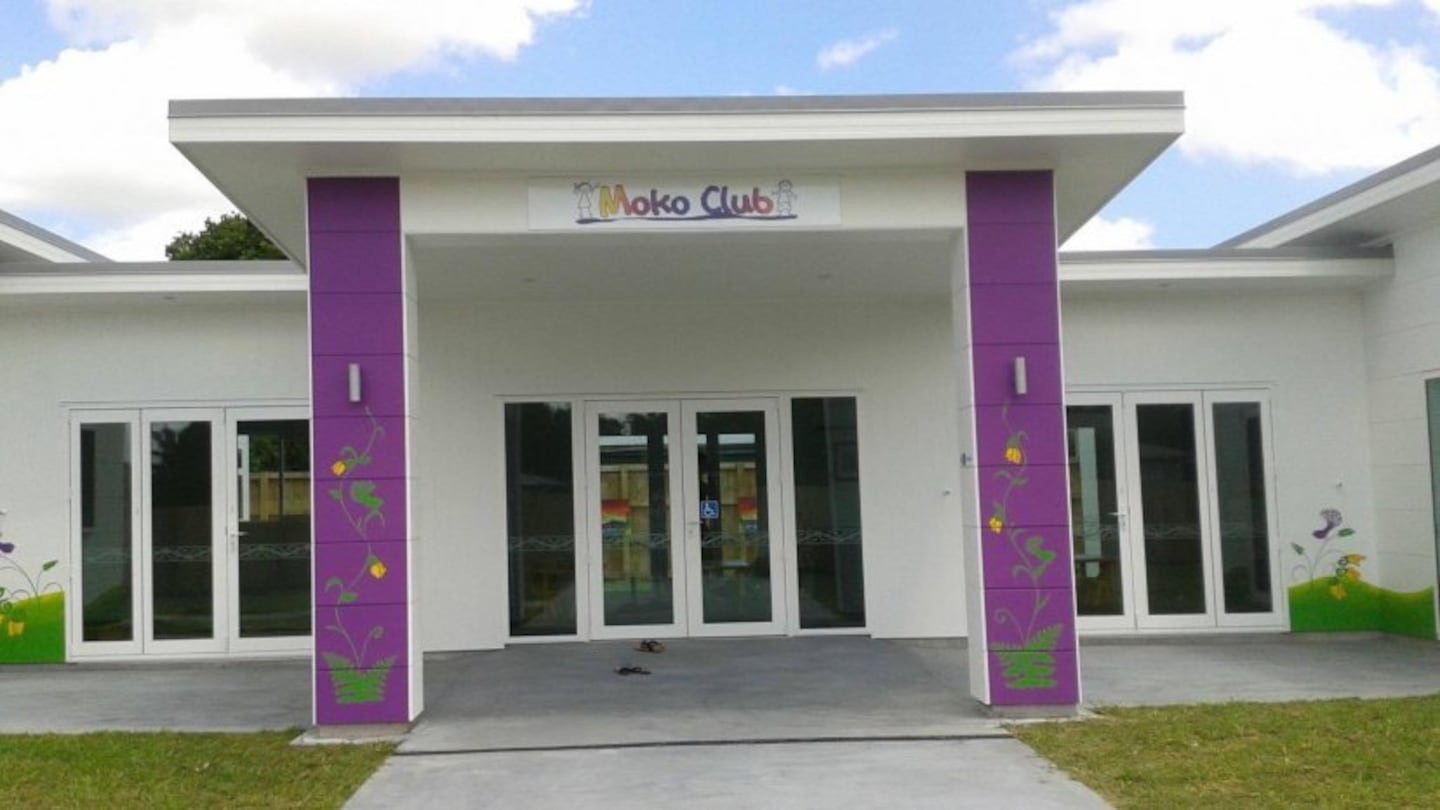Two innovative pre-schools in Huntly West and Ngaruawahia are achieving some wonderful community outcomes – and some of them unexpected.
Moko Club has been operating in Huntly West since 2011 and in Ngāruawāhia since March 2016. Thanks to the Ngāruawāhia Club, there’s been an anecdotal decline in vandalism and an upsurge in community pride.
And thanks to the Huntly Club, kids are starting school with the crucial skills they need to give them a head start at school.
Moko Club aims to support all families in the Huntly and Ngāruawāhia communities who wish to give their children an opportunity to learn in a fun, bi-lingual and bi-cultural space.
Moko Club provides a fun learning environment with a Club ethos, which is spreading.
It seems Ngaruawahia’s Moko Club has helped reduced crime in the community.
Elaine Preston, a Board member at Ngāruawāhia High School, said vandalism had reduced at the school and suggested it could be due to the Moko Club being well lit at night.
Elaine said there had been a noticeable uplifting in community pride with the Moko Club becoming an embedded member of the Kent/George Street neighbourhood.
“Since the lights came on at Moko Club there has been a drop in vandalism and tagging. Whānau have expressed that their tamariki feel safe walking home after training because the street lighting is better”.
Feedback from staff at Huntly West School has reiterated that children attending the school who had come from Moko Club Huntly demonstrate a high level of school preparedness.
Anna Kisiona, a new entrant teacher at Huntly West School, said, “The moko club kids always come in with a great attitude towards learning and are confident in what they do.”
The Moko Club focuses on growing herbs and food as well as “Kaitiakitanga” or looking after the environment.
The Clubs’ new badge system, which will be introduced this year, will allow children to achieve club badges in kaitiakitanga (environmental practice), mara kai (growing food), rangatiratanga (leadership), mahi toi (visual arts), whakaari (performing arts), tinana (hygiene practices) and manaakitanga (hospitality). This system is part of the Club ethos, similarly practiced at Scouts or Brownies. However, all Moko Club badges are based on Māori concepts of learning.
Moko Club also collaborates with other community organisations.
“We have worked alongside Progress to Health and The Waikato River Trust Nursery to develop a Pā Harakeke (flax plantation) around the perimeter of the Ngāruawāhia centre,” said Piki Knap, Moko Club CEO. “All the local community have access to this Pā Harakeke and in particular local weavers.”



